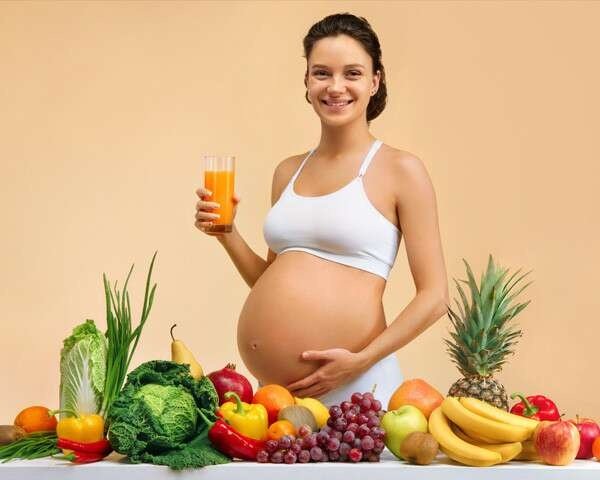Good diet is more essential than ever during pregnancy. Include a variety of fruits, vegetables, nutritious grains, protein-rich foods, and fat-free or low-fat dairy items in your prenatal diet to promote a healthy pregnancy and your baby’s development. Reduce your intake of meals and beverages that are high in salt, saturated fat, and added sugar. Make fruits and vegetables the majority of every meal.
Here are some really nutrient-dense foods to eat when pregnant to assist you in meeting your nutrient requirements.
1. Dairy Products
You need to eat more protein and calcium throughout pregnancy to fulfill the demands of your developing fetus. Milk, cheese, and yogurt should be included in the menu. Casein and whey are two types of superior protein found in dairy products. The finest food supply of calcium is dairy, which also has significant amounts of phosphorus, B vitamins, magnesium, and zinc.
Greek yogurt in particular is advantageous since it includes more calcium than the majority of other dairy products. Probiotic bacteria, which assist digestive health, are also present in some kinds. Yogurt, particularly probiotic yogurt, may be tolerated by lactose intolerant people as well. To find out if you can try it out, ask your doctor.
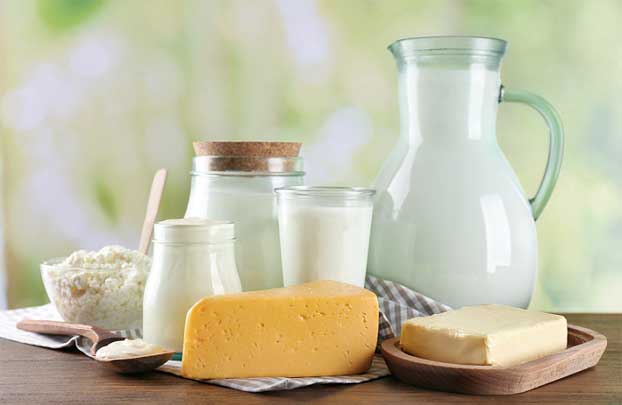
2. Salmon
Omega-3 fatty acids are essential for the growth of your baby’s brain and may even improve your mood. Salmon is a particularly excellent supplier. Additionally, salmon offers protein and vitamin D, which your child needs for strong bones and teeth. The 8 to 12 ounces of seafood that pregnant women are advised to consume each week (along with herring, trout, anchovies, sardines, and shad) should be low in mercury.
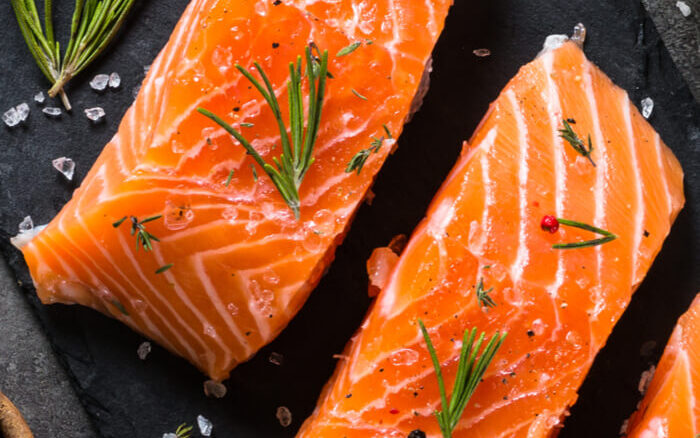
3. Sweet Potato
In addition to being versatile in the kitchen, sweet potatoes are also high in beta carotene, a plant chemical that your body uses to make vitamin A. Infant growth requires vitamin A. Just be careful with animal-based sources of vitamin A that are consumed in large quantities, such as organ meats, as they can be poisonous. Fortunately, sweet potatoes are a good plant-based source of fiber and beta carotene. Fiber prolongs satiety, lowers blood sugar surges, and enhances digestive health (which can really help if that pregnancy constipation hits).

4. Legumes
Lentils, peas, beans, chickpeas, soybeans, and peanuts are included in this category of foods (a.k.a. a ton of awesome recipe ingredients!). Legumes are excellent plant-based providers of calcium, iron, folate, fiber, protein, and other nutrients that your body needs more of while pregnant.
One of the most crucial B vitamins is folate (B9). It is crucial for both you and the unborn child, especially in the first trimester and even earlier. You must consume at least 600 micrograms (mcg) of folate each day, which can be difficult to do through diet alone. However, if your doctor advises supplementation, including legumes can help you get there. Legumes typically include a lot of fiber. Iron, magnesium, and potassium levels in some kinds are also high.

5. Lean Proteins and Meat
Lean meats like chicken, pork, and beef are great sources of high-quality protein. You’ll need more of the B vitamins choline, iron, and other nutrients found in beef and pork during pregnancy. As a component of hemoglobin, iron is a necessary mineral that is utilized by red blood cells. Your blood volume is increasing, so you’ll need extra iron. This is vital during the third trimester of pregnancy and other difficulties.
It may be challenging to meet your iron requirements just through food, particularly if you have a meat allergy or are a vegetarian or vegan but for those who can, eating lean red meat frequently may help you obtain more iron from your diet.
Pro tip: Combining meals high in vitamin C, such bell peppers and oranges, with foods high in iron may also assist boost absorption.
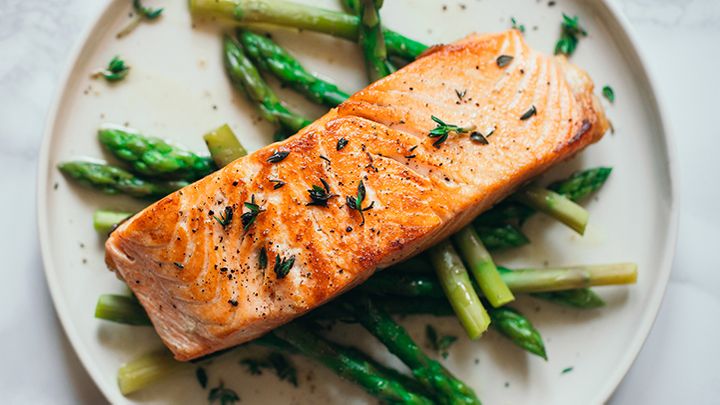
6. Broccoli and Dark, Leafy Vegetables
It should come as no surprise that broccoli and other dark, green veggies like kale and spinach are incredibly nutrient-dense. Although you might not enjoy eating them, they can frequently be snuck into a variety of cuisines. Fiber, vitamin C, vitamin K, vitamin A, calcium, iron, folate, and potassium are among the advantages. They are a veritable great source.
Servings of green vegetables are an effective approach to increase vitamin intake and prevent constipation because of all the fiber they contain. Additionally, vegetables have been associated with a lower risk of low birth weight.
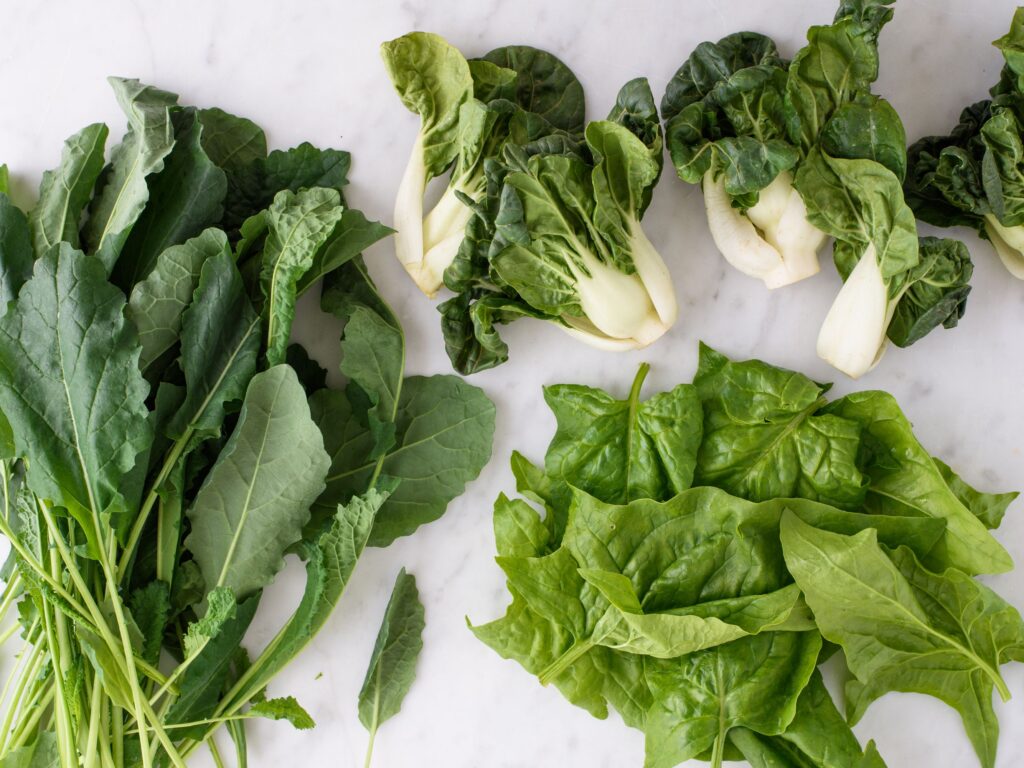
7. Eggs
A vital component of your pregnancy diet and a fantastic source of protein are eggs. The building blocks of both your and your baby’s cells are the amino acids that make up protein. More than a dozen vitamins and minerals, including choline, are also present in eggs. Choline aids your baby’s brain and spinal cord in developing normally and helps prevent some birth defects; it is primarily found in the yolks, so be sure to include those.

8. Berries
Berries are packed with nutrients like water, fiber, vitamin C, healthy carbohydrates, and antioxidants. Berries shouldn’t significantly increase blood sugar levels because they have a relatively low glycemic index value, it is are a fantastic snack because they are high in fiber and water. They have little calories but offer a lot of flavor and nutrition. Blueberries, raspberries, goji berries, strawberries, and acai berries are some of the greatest berries to consume while expecting.
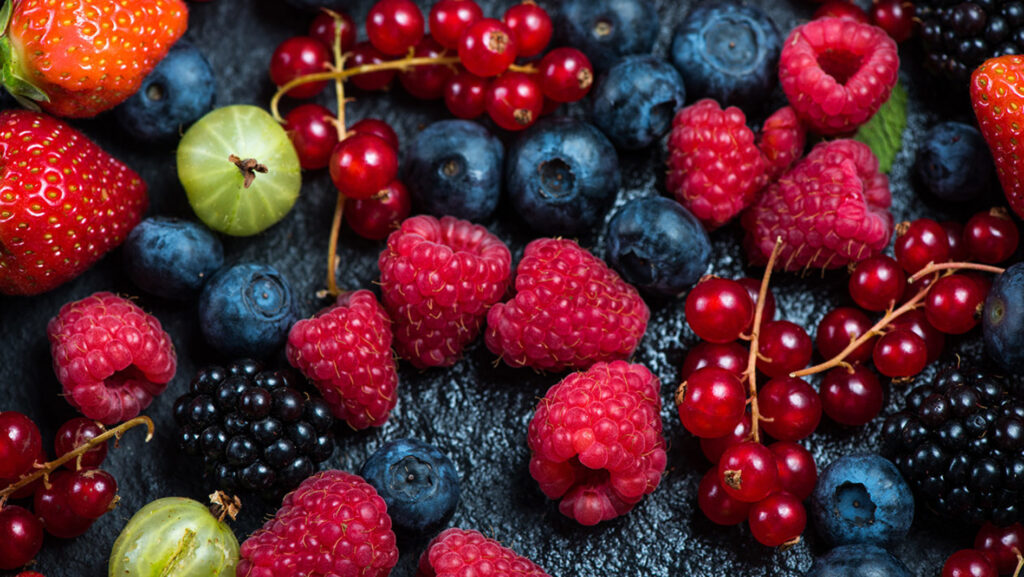
9. Avocados
Because they have a high concentration of monounsaturated fatty acids, avocados are unique fruit. This gives them a buttery, rich flavor that is excellent for giving a dish depth and creaminess. Additionally, they contain significant amounts of fiber, B vitamins, including folate, vitamin K, potassium, copper, vitamin E, and vitamin C. Avocados are a fantastic option during pregnancy due to their high level of healthy fats, folate, and potassium, folate may help avoid neural tube defects, developmental disorders of the brain and spine like spina bifida, and healthy fats help build the skin, brain, and tissues of your child. Leg cramps, a common side effect of pregnancy for some women, may be relieved by potassium. Actually, avocados have a higher potassium content than bananas.
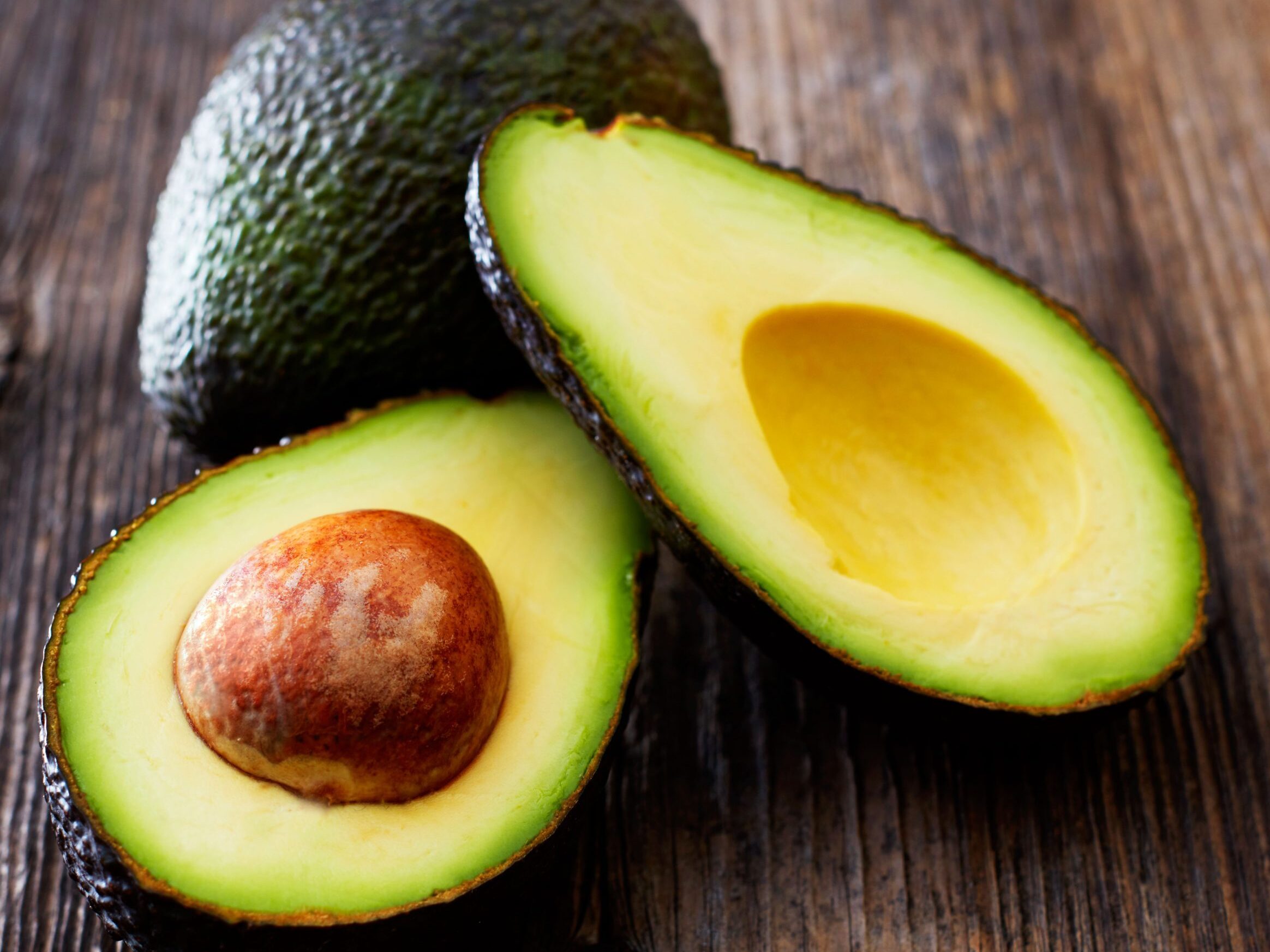
10. Whole Grains
Whole grains have significantly more fiber, vitamins, and plant components than their refined equivalents. Instead of white bread, spaghetti, and white rice, consider oats, quinoa, brown rice, wheat berries, and barley. Oats and quinoa are two examples of healthy grains that also have a decent amount of protein. Additionally, they stimulate other areas that are frequently deficient in pregnant women: B vitamins, fiber, and magnesium.
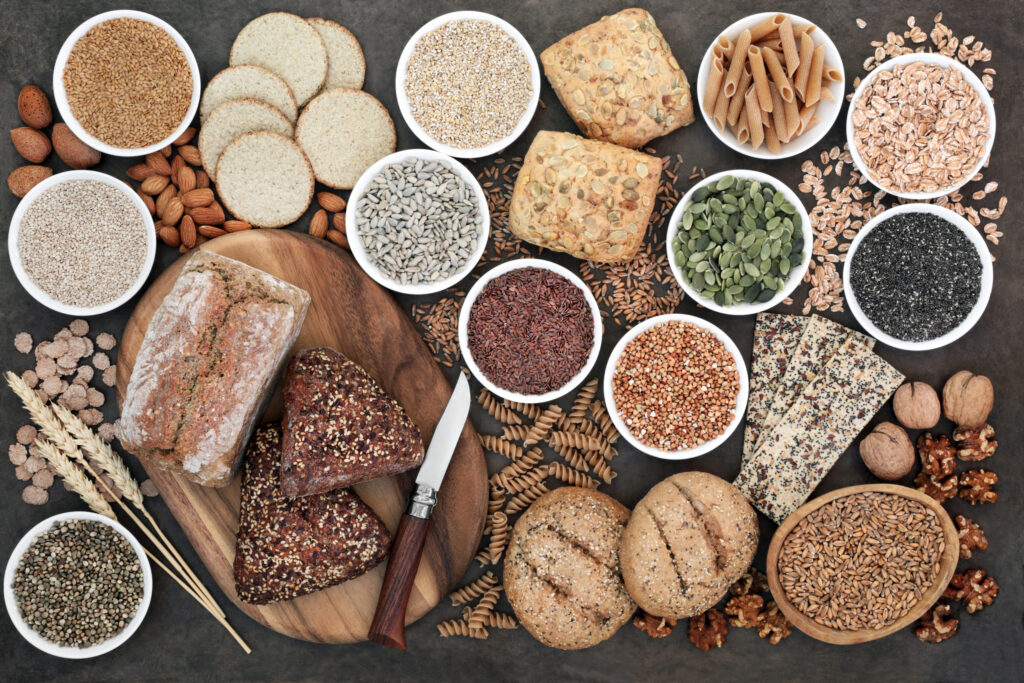
11. Dried Fruits
Fresh fruit, which is so crucial to your pregnancy diet, can occasionally be replaced with portable, nutrient-dense dried fruit. Look for dried fruit that is not sweetened. Your diet will benefit from an increase in a variety of vitamins, minerals, antioxidants, and fiber depending on the dried fruit you select. For instance, prunes are a tried-and-true cure for constipation, which affects so many pregnant women.
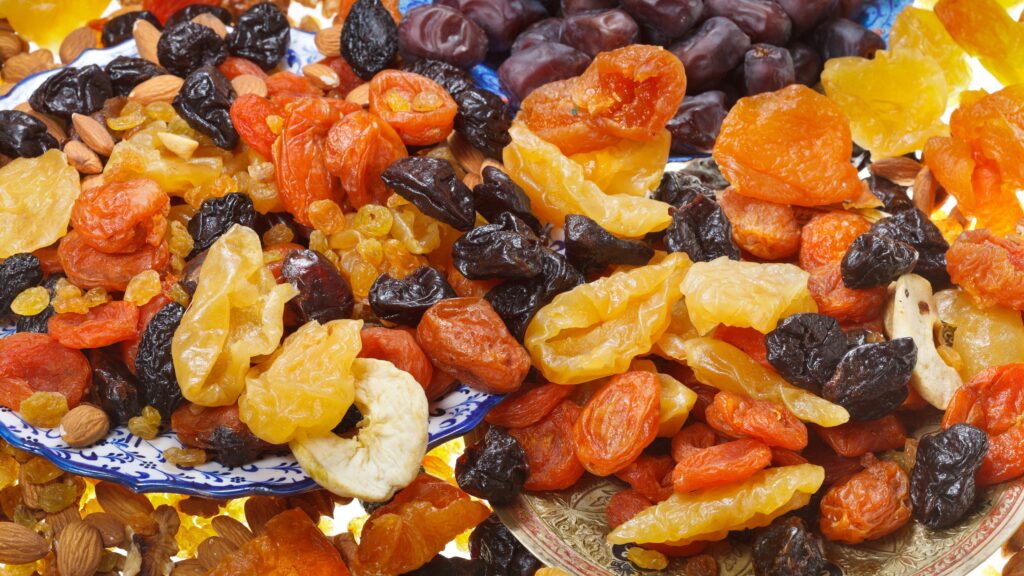
12. Fish Liver Oil
The oily liver of fish, most frequently cod, is used to make fish liver oil. The omega-3 fatty acids EPA and DHA, which are necessary for the development of the embryonic brain and eyes, are abundant in it. Taking fish oil supplements may help prevent preterm birth and may be beneficial for the development of the fetus’ eyes. A lot of individuals don’t receive enough vitamin D, and fish liver oil is a great source of it. For people who don’t consume seafood frequently or take omega-3 or vitamin D supplements, it might be quite helpful.
One tablespoon (15 milliliters) of fish liver oil contains more omega-3 fatty acids, vitamin D, and vitamin A than is advised for daily consumption. However, consuming more than one serving per day is not advised. as too much preformed vitamin A can be dangerous for your baby. High levels of omega-3 may also have blood-thinning effects.
13. Water
We all need to drink enough water, and particularly women who are pregnant. Blood volume rises by roughly 45% during pregnancy. Your body will hydrate your unborn child, but if you don’t watch how much water you consume, you risk being dehydrated yourself, headaches, worry, exhaustion, a negative attitude, and impaired memory are all signs of mild dehydration.
Increasing your water intake may also help you avoid urinary tract infections, which are prevalent during pregnancy, and improve constipation. According to general recommendations, pregnant women should consume 80 ounces (2.3 liters) of water per day. However, the precise amount you require varies. For advice suited to your unique needs, consult your doctor. Remember that you obtain water from other sources as well such as fruit, vegetables, coffee, and tea.
Pro tip: Try keeping a reusable water bottle on hand so that you can quench your thirst throughout the day.
Tips for a Healthy Pregnancy Diet
Pregnancy does not require increased calorie intake. You don’t require extra calories throughout the first trimester if you begin the pregnancy at a healthy weight. In the second and third trimesters, you’ll require an additional 340 and 450 calories per day, respectively. Learn more about weight growth during pregnancy. Certain meals can be harmful to you during pregnancy. During pregnancy, you’ll also need to cut back on caffeine and alcohol.
The best pregnant snacks are healthy ones! Reduce your use of processed foods, packaged foods, and sugary sweets while picking snacks that help you achieve your nutritional needs. If discomfort from eating full-size meals is caused by nausea, food aversions, heartburn, or indigestion, consider eating small, frequent meals throughout the day. As your pregnancy progresses and your baby increasingly crowds your stomach and other digestive organs, you’ll have less space in your body for big meals anyway.
